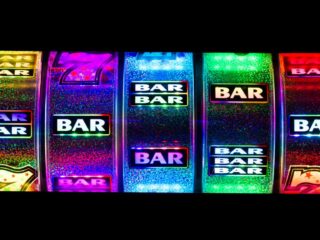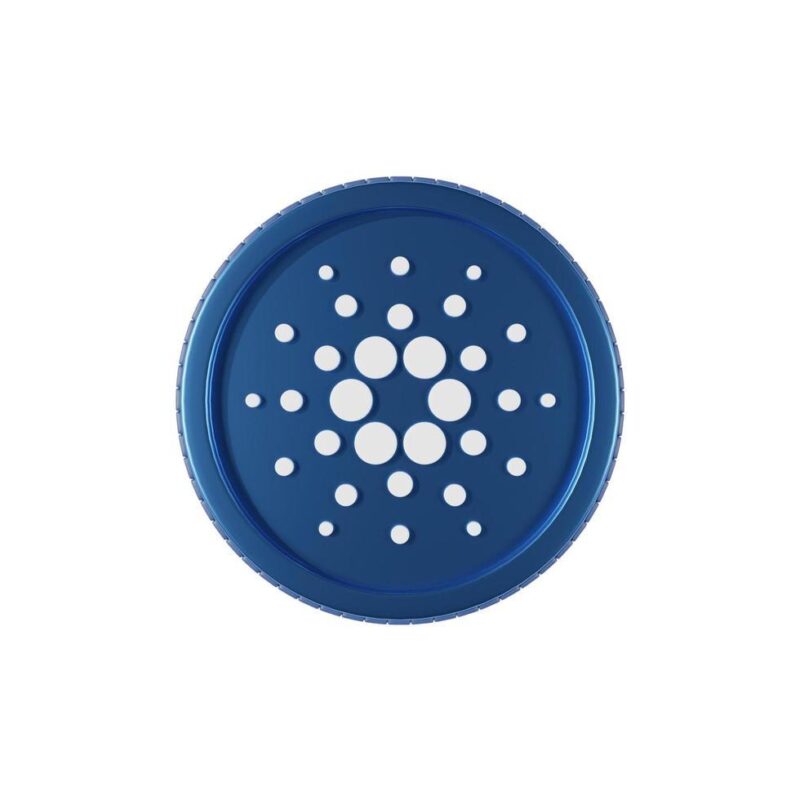
Checking And Rechecking Work For Mistakes is an Example of
Have you ever found yourself going over your work again and again, just to make sure there are no mistakes? It’s a common habit for many of us, and it’s not just about being meticulous. Checking and rechecking our work for mistakes is an example of a crucial skill that can make all the difference in our professional and personal lives. So, if you’ve ever wondered why some people seem to have an eagle eye for mistakes, or if you want to enhance your own attention to detail, keep reading. By the end of this article, you’ll have a deeper understanding of why checking and rechecking work for mistakes is an example of a skill that can set you apart from the rest.
Why Checking And Rechecking Work is Important
When it comes to delivering high-quality work, checking and rechecking cannot be underestimated. It is not just a matter of being meticulous; it is a reflection of our commitment to ensuring accuracy and excellence. There are several reasons why this practice is important:
1. Error Prevention: Checking and rechecking our work is like putting on a safety net. It helps us catch mistakes and prevent potential errors from slipping through the cracks. Whether it’s a simple typo in an email or a critical error in complex calculations, taking the time to review our work can save us from embarrassment and costly consequences.
2. Maintaining Professionalism: When we submit our work, it represents us as professionals. By ensuring that it is error-free, we demonstrate our attention to detail and dedication to producing high-quality results. This not only speaks to our professionalism but also sets us apart from others.
3. Enhancing Accuracy: Even the best of us can make mistakes. Checking and rechecking our work allows us to identify any inaccuracies or inconsistencies and make the necessary corrections. This is especially important when dealing with data, statistics, or other critical information where accuracy is paramount.
Common Mistakes to Look Out For
Spelling Errors
When it comes to checking and rechecking work for mistakes, one of the most common types of errors to look out for are Spelling Errors. Even the most conscientious writer can make the occasional spelling mistake, but catching and correcting them before finalizing your work is crucial to maintaining professionalism and accuracy.
Spelling errors can arise from simple typos or from confusion over homophones, words that sound the same but have different meanings and spellings. It’s important to review your work carefully to ensure that all the words are spelled correctly. Misspelled words can undermine the credibility of your work and distract readers from your main message.
Grammatical Errors
Another type of mistake to be on the lookout for when reviewing your work are Grammatical Errors. These errors can include incorrect verb conjugation, subject-verb disagreement, improper word usage, or incorrect sentence structure. Grammatical errors can make your writing confusing, difficult to understand, and less effective in conveying your intended message.
By double-checking your work for grammatical errors, you not only ensure that your writing is clear and coherent, but you also demonstrate your attention to detail and commitment to producing high-quality work. Remember, clear and error-free writing reflects well on your professionalism and enhances the trust that others have in your abilities.
Techniques For Effective Checking And Rechecking
Take a Break and Come Back to It
One of the most effective techniques for checking and rechecking work is to take a break and come back to it with fresh eyes. Taking a break allows you to clear your mind and gain a new perspective on your work. It’s amazing how errors that went unnoticed before suddenly become glaringly obvious after stepping away for a while. This technique gives you the opportunity to review your work with a renewed focus and attention to detail.
Read Aloud
Another useful technique for checking and rechecking work is to read your work aloud. When we read silently, our brain often fills in missing words or corrects small mistakes automatically. Reading aloud forces us to slow down and pay closer attention to every word and sentence. You may find that what looked perfect on paper suddenly doesn’t sound quite right when spoken aloud. This technique helps to catch spelling errors, grammatical mistakes, and awkward phrasing that may have been missed during a silent read-through.
Use a Grammar and Spell Checker Tool
In our digital age, technology can be a valuable ally in checking and rechecking work. There are a variety of grammar and spell checker tools available that can help identify common errors and provide suggestions for improvement. These tools use algorithms to analyze your writing for grammar, spelling, and punctuation mistakes. While they are not foolproof and may not catch every error, they can be a helpful starting point for your editing process. Just remember that these tools are not a substitute for a careful human review. Final decisions on edits and changes should always be made by you.
Conclusion
Checking and rechecking work for mistakes is an essential practice that cannot be underestimated. By diligently reviewing our work, we can ensure accuracy, excellence, and professionalism. Remember, checking and rechecking is not just a one-time task, but an ongoing commitment to producing high-quality work. By making it a habit to review our work, we can consistently deliver error-free and polished content. So, let’s embrace the practice of checking and rechecking as an integral part of our work process and strive for excellence in everything we do.














